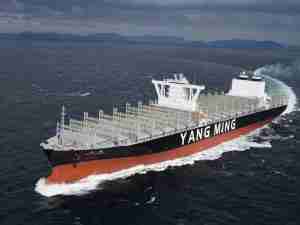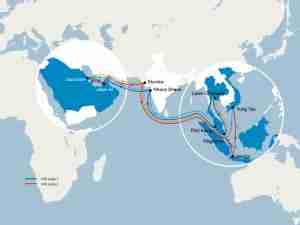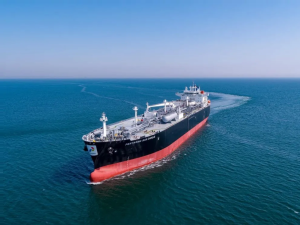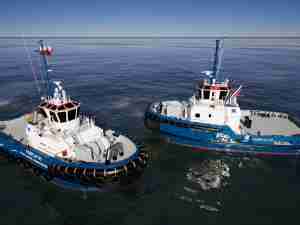Natural and man-made disasters have forced many cargo ships to declare force majeure and the non-delivery of goods pushed many ships into the system, Navios Chairwoman and CEO Angeliki Frangou told Reuters in an interview in her New York office.
The disasters include near-Biblical floods in Australia, torrential rains in Indonesia and agricultural powerhouse Brazil, the quake and tsunami in Japan, and unrest in large swathes of the Middle East, she explained.
"The softness in the market is very much related to the severe weather," said Frangou.
The Baltic Exchange's main sea freight index <.BADI>, which tracks rates to ship dry commodities, has halved in the last six months and languished just over 1,500 points, close to levels last seen in 2008 when the worst economic downturn since 1929 took place.
She said about a fifth of the ships in the industry stand over 20 years old and the pace of scraping of ships should proceed at a very quick pace in 2011.
A total of 4.4 million tons has already been scrapped in the first two or so months of the year, compared with 5.8 million tons of scrap for all of 2010.
"This year could be a record year for scrap," she said. "It should be somewhere between 18 and 20 million tons."
The dry bulk industry will also see brisk business, especially from Asia, as demand for foodstuffs continued to increase, Frangou explained.
Coal, construction equipment and natural gas will receive a bump in shipments after the March 11 earthquake and tsunami in Japan crippled its Fukushima nuclear power plant, the Navios official said.
The long-term impact of the nuclear emergency in Japan is that it has changed perceptions about the safety of nuclear power, she said.
"Eventually, that will drive coal and natural gas (shipments) up," Frangou said. (Reuters)












